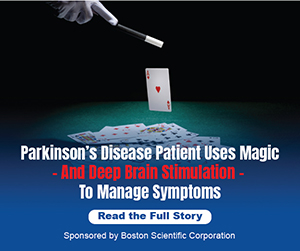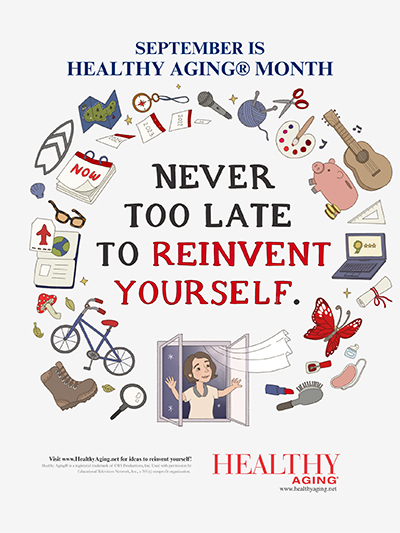
By Dennis S. Charney, MD & Jonathan M. DePierro, PhD
Psychological resilience, the ability to adapt and bounce back from challenges, plays a pivotal role in navigating the process of successful aging.
What is the concept of psychological resilience, and what are the various strategies backed by scientific research that you can apply in your own life?
Understanding Psychological Resilience
Psychological resilience is not a trait that is present in some and absent in others; it’s a skill that can be developed and honed over time.
We can understand it as the capacity to cope with adversity, maintain emotional equilibrium, and continue to find joy and meaning in life, even in the face of difficult circumstances.
Strategies for Resilient Aging
Here are some strategies for building your resilience.
1. Maintain Social Connections:
The past decade of research in loneliness can be summarized as follows – it takes years off your life.
Dedicating time to your social life is essential to your physical and emotional well-being. This may mean spending a few minutes messaging or speaking to your friends and family on the phone each day.
Often, in our busy lives, it is easy to overlook dedicating this time to relationships. However, particularly when you are going through a difficult time, having robust connections who you know you can lean on will pay dividends.

This content is offered exclusively to Healthy Aging® Magazine subscribers.
Already a subscriber?
Log in now
Subscribe Today
Healthy Aging® Magazine offers in-depth feature articles, tips and information on how to achieve a healthy lifestyle. Enjoy features on diet and exercise, mental, social and financial wellness, active travel, and recipes! You will find ways to follow your passion, ideas for how to redefine yourself and stay active as well as profiles on inspirational people.Your subscription includes:
- ✔ Quarterly digital Healthy Aging® Magazines.
- ✔ Free monthly digital newsletter.
- ✔ Special free offers throughout the year.











